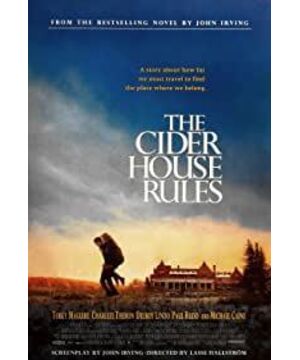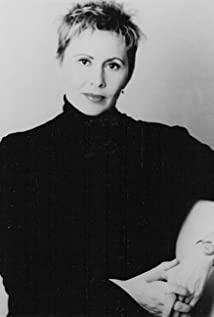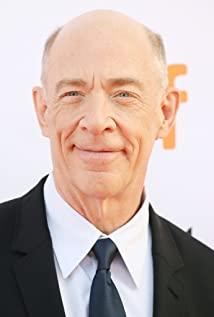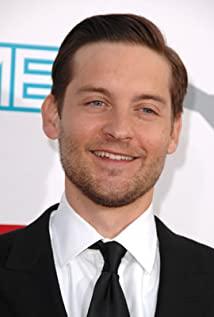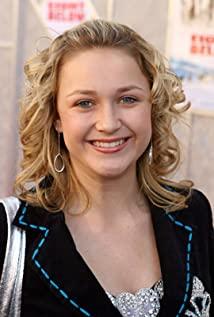Abortion, abandonment, responsibility and love are the themes of the film, which also brings up a debated issue of abortion.
Abortion is the "trolley problem" in real society - abortion is murder, the baby has become a living body in the mother's body, and it is taken out of the mother's body before they are immature and deprived of their life. However, the situation in the world is diverse, and some children come into this world for reasons such as incest, disability, etc., whether it is torture for the parents, but also for themselves, so abortion is the only solution. Real-life situations often force a person to violate his own moral code, and there are also situations where there is no fully ethical approach. Homer and the Dean are such coerced people. Homer couldn't bear it and chose to leave. The dean, supported by his strong love for the child, painstakingly and firmly maintained his responsibility. At the same time, he was also tormented by huge pressure and blame until his death.
Boys will become men one day, when Homer experiences love, loss, change. . . Waiting for all the "gifts" the world gave him, he grew up, he compromised, and he understood. The dean gave him love and responsibility, and the dean was right. . .
Homer finally took on this responsibility, and at the same time accepted this love—the love of the heart and the dean's good-night words every night.
There are many "trolley problems" in life. It is difficult for people to make choices. Children will choose with their hearts, but adults will accept the method they have thought about. Every child has a moment that goes against their heart. Is it helpless or growing up? When a person grows up, he must accept it. He may grow up in tears, and he may have a lot of reluctance. . . Reluctant, reluctant, I really want to keep my childlike innocence, reluctant, reluctant, I really want to keep my dream, reluctant, reluctant, it seems to be away from dependence. . . But people must grow up.
View more about The Cider House Rules reviews


